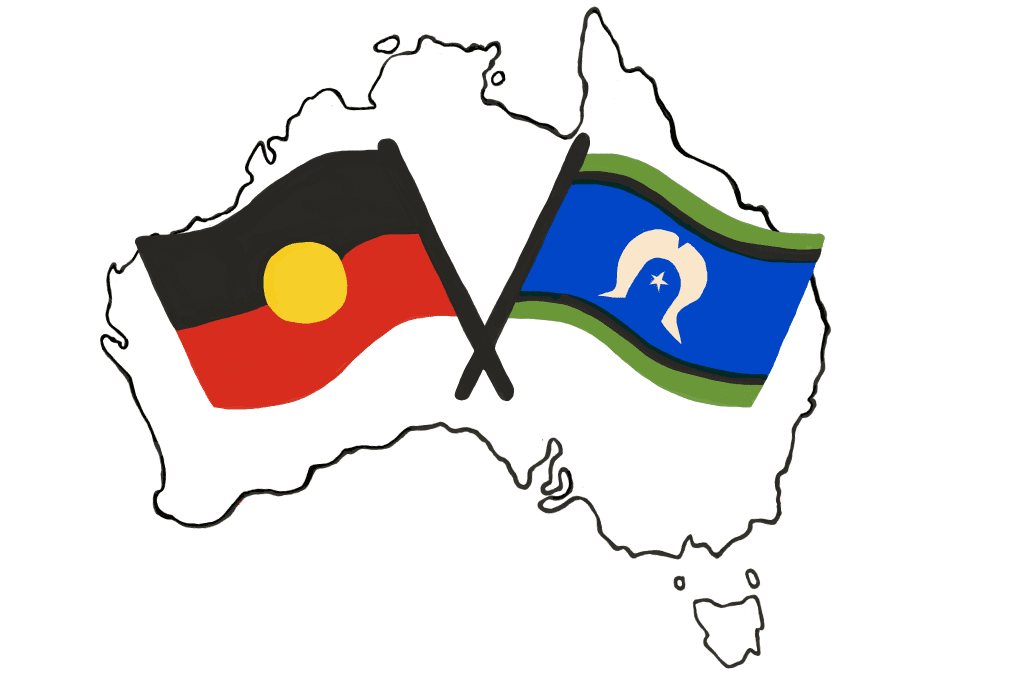We live in a world that often promotes quick fixes and instant gratification, therefore the concept of allowing ourselves to struggle might sound counterintuitive. However, embracing our struggles and challenges can be a transformative journey that leads to personal growth, transilience, and the ability to become our own source of healing. This blog will delve into the importance of allowing ourselves to struggle, and how this process can ultimately lead us to become our own medicine.
The Nature of Struggle
Struggles are an inevitable part of life. They can manifest in various forms – be it personal, professional, or emotional challenges. Our instinctive response might be to avoid or suppress these struggles, seeking immediate relief. However, by denying ourselves the opportunity to face these challenges head-on, we miss out on valuable lessons and growth potential.
The Power of Transilience
Transilience is our ability to grow and be transformed through adversity, and it’s cultivated through facing and navigating struggles with self compassion. When we allow ourselves to experience difficulties, we give ourselves the chance to develop transilience. Psychologist Susan David suggests that “discomfort is the price of admission to a meaningful life.” Just as muscles need resistance to grow stronger, our emotional and mental strength is built through facing challenges.
Learning and Growth
Struggles often come packaged with lessons. Each challenge provides an opportunity to learn about ourselves, our strengths, and areas for improvement. Author and researcher Carol Dweck coined the term “growth mindset,” which emphasizes that our abilities and intelligence can be developed through dedication and hard work. Embracing struggles aligns perfectly with this concept, as we come to understand that our potential expands when we face difficulties rather than avoid them.
Becoming Our Own Medicine
Instead of seeking external solutions to ease our pain, we can learn to become our own medicine. This involves developing self-compassion, self-awareness, and effective coping strategies. When we allow ourselves to struggle, we become intimately familiar with our inner landscape, understanding our triggers, fears, and coping mechanisms.
Conclusion
Allowing ourselves to struggle might be uncomfortable, but it’s an essential part of our personal evolution. By embracing challenges, learning from them, and developing resilience, we can become our own source of healing and growth. Instead of seeking external remedies, we can tap into our inner strength and wisdom to navigate the complexities of life. As we journey through struggles, we not only become our own medicine but also inspire others to embark on their path of self-discovery and transformation.
References to Support the Concepts
1. Susan David’s TED Talk – “The Gift and Power of Emotional Courage”
In this talk, psychologist Susan David discusses the importance of facing our emotions and allowing ourselves to struggle. She emphasizes the role of emotional agility in leading a fulfilling life.
2. Carol Dweck’s Book – “Mindset: The New Psychology of Success”
Carol Dweck’s research on the growth mindset highlights the significance of embracing challenges and setbacks as opportunities for growth. Her book offers insights into how our mindset can shape our abilities.
3. Brene Brown’s Work on Vulnerability and Shame
Brene Brown’s research on vulnerability and shame underscores the idea that embracing struggles requires us to be vulnerable. Her books, talks, and podcasts provide valuable insights into the connection between vulnerability and personal growth.
4. Ryan Holiday’s Book – “The Obstacle Is the Way”
Drawing from ancient Stoic philosophy, this book explores the idea that challenges and obstacles are not to be avoided, but rather, they are the path to success and self-improvement.


Comments are closed